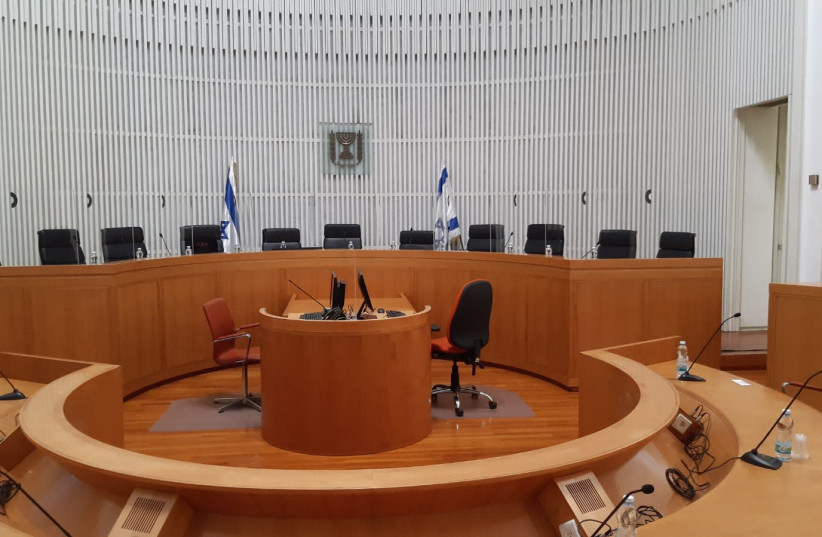The Knesset Constitution, Law and Justice Committee held another round of fiery debate on Thursday regarding Chairman Gilad Kariv’s (Labor) push to pass a Basic Law anchoring into Israel’s system the broad principle of equality.
Kariv started to initiate hearings after the High Court of Justice gave its own indirect encouragement to do so, when it ruled that it could not veto the Jewish Nation-State Law, but also indicated support for expressly endorsing equality as a meta-legal principle in Israel.
Currently, a number of Basic Laws and regular laws endorse and protect the principle of equality, but none do so explicitly referring to the principle.
Many of the coalition’s left-center political parties, including Prime Minister Naftali Bennett himself, are on record as having issues with aspects of the Jewish Nation-State Law, such as the law not giving explicit special consideration to the Druze community.

Both the Druze-Israeli and Arab-Israeli communities took heavy offense when the law was passed, and have pointed to problematic results in the courts or by conservative government officials in their handling of minority rights issues.
When the High Court refused to veto the law – finding that it was not extreme enough to fit the very high standard for the judiciary to intervene regarding a Basic Law – the justices also pointed out that higher courts or government agencies had already often corrected the limited number of instances in which the Jewish Nation-State Law may have been used controversially.
Despite Kariv’s enthusiastic push that a democratic country like Israel must explicitly endorse the term “equality” as a foundational principle, and not suffice with protecting a series of rights that underlie equality, Yamina MK Yom Tov Kalfon made it clear that Bennett and their party will not let the law pass.
Kalfon said that Yamina would block the initiative as long as the center-left parties would not pass legislation for dealing with the African migrant issue, or other issues that might reduce their fears of what the judiciary might rule on a new Basic Law expressly affirming an unlimited equality principle.
Religious Zionist Party and opposition MK Simcha Rothman and Kohelet Policy Forum lawyer Aharon Gerber said they believed that the Knesset should someday endorse the equality principle, but only after a Basic Law was passed to restrain the courts.
In the current balance of power, they feared that the courts would use such a new law to further undo the state’s Jewish character, and otherwise pursue left-wing policy agendas.
